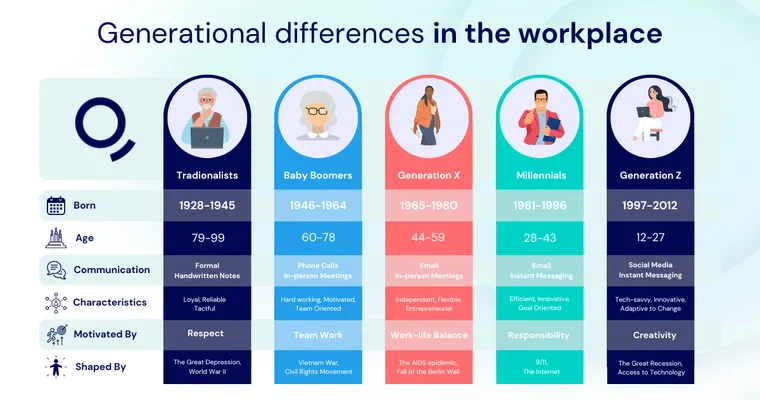Caring for a loved one with "dementia" can present many challenges, one of which is managing their "eating habits". If your mother has gained 30 pounds because she often forgets she has already eaten, it can be distressing for both of you. Finding effective strategies to help her "stop overeating" is essential not only for her physical health but also for her overall well-being. In this article, we will explore practical tips to help manage her eating habits while being compassionate and understanding of her condition.
Understanding the Causes of Overeating in Dementia
Dementia affects memory and cognitive functions, which can lead to "repetitive eating". Your mother may forget that she has just eaten, prompting her to seek out food again shortly after her last meal. This behavior can result from confusion, anxiety, or even the need for comfort. Recognizing these underlying issues is the first step in addressing the problem effectively.
Create a Structured Eating Schedule
Establishing a consistent "meal and snack schedule" can help reduce instances of overeating. Aim to provide her with three balanced meals and two healthy snacks throughout the day at regular intervals. This structure can help her anticipate when her next meal will be, reducing anxiety and the urge to eat out of confusion.
Use Visual Cues
Visual cues can be beneficial in reminding your mom that she has already eaten. Consider using a "whiteboard" or "calendar" in the kitchen where you can mark off mealtimes. Alternatively, you may use colored plates or containers to differentiate between meals. This can help her visually understand when it is time to eat and when she has already had her food.
Offer Smaller Portions
Reducing portion sizes can also help manage her overeating. Serve smaller amounts of food and allow her to ask for more if she feels hungry. This approach not only helps in controlling caloric intake but can also give her a sense of independence and choice.
Engage Her in Other Activities
Sometimes, overeating can be a result of boredom or a need for stimulation. Engaging your mother in "meaningful activities" can divert her attention from food. Consider hobbies she enjoys, such as gardening, puzzles, or crafts. Physical activities like gentle exercises or short walks can also decrease her focus on eating.
Monitor Emotional Triggers
Pay attention to any emotional triggers that may lead to overeating. Individuals with dementia may eat for comfort, especially during moments of confusion or distress. Providing emotional support and companionship can help minimize these instances. Encourage her to express her feelings and be there to listen.
Consult a Nutritionist
If your mom’s weight gain continues to be a concern, consider consulting a "nutritionist" who specializes in dementia care. They can help create a tailored meal plan that considers her dietary needs while addressing the issue of overeating. A professional can recommend specific foods that promote satiety without adding excessive calories.
Involve Family and Caregivers
If you're not the only caregiver, involve other family members and caregivers in the process. Consistency in approach is crucial. Ensure everyone understands the strategies you are implementing to manage her eating habits. This collaborative effort can reinforce her routine and provide a supportive environment.
Conclusion
Managing your mother’s overeating due to dementia can be a complex task, but with patience and the right strategies, it is achievable. By creating a structured environment, using visual cues, and engaging her in activities, you can help her develop healthier eating habits. Remember to approach this challenge with empathy, recognizing the emotional and cognitive struggles she faces. With a supportive approach, you can help your mother regain control over her eating habits and improve her overall well-being.





